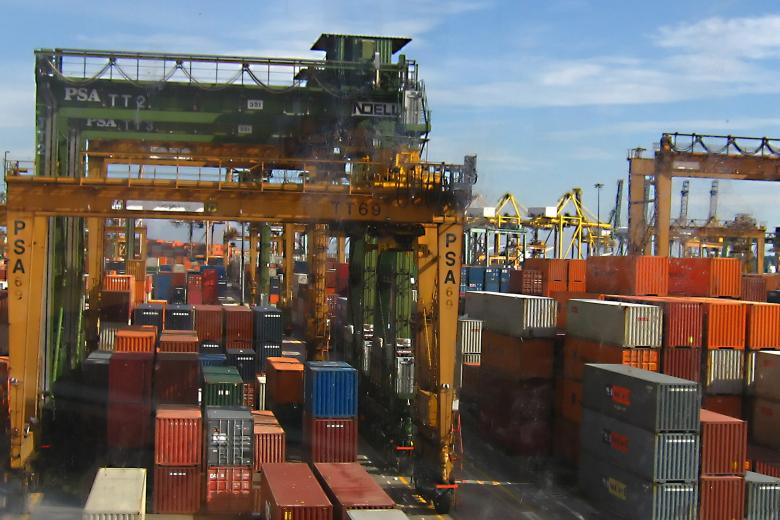Juridische implicaties van de Brexit voor de agrarische sector in het VK
Bij de verdeling van de EU tariefcontingenten is het toetsen van de wettelijke gevolgen van de Brexit voor de agrarische sector van het VK cruciaal. Het is onduidelijk of het VK zal slagen om de in-quota tarieven te vestigen voor belangrijke producten die de bestaande niveaus kopiëren. (English text)
Upon Brexit, the UK’s rights and obligations as a WTO Member will no longer be exercised by the EU on its behalf. The identification of the UK’s quantified post-Brexit obligations in relation to the EU-wide commitments is clearly problematic. In her Master Thesis Desislava Shishmanova, LL.M. of the Master’s in Globalisation and Law, examines the legal implications of Brexit for the agricultural sector in the UK as a WTO Member. This topic is particularly intriguing to look into both because of the economic sensitivity and the complex legal issues that arise in this area.
It is argued in the thesis that the apportionment of the UK’s share of the EU’s right to subsidize agricultural production as a WTO Member up to a certain quantum and of the EU’s export subsidy entitlements under the WTO Agreement on Agriculture would not be the most controversial post-Brexit issues, although WTO law provides no directly applicable provisions for this.
However, the UK has considerably benefited from some of the established EU-28 tariff rate quotas and that has led to import reliance upon certain agricultural commodities. Tariff rate quotas do not limit the quantity of imports per se but allow enhanced access to a market for a limited quantity of goods by virtue of a low in-quota tariff. Once the latter is filled, subsequent imports are permitted applying the full tariff. Determining the UK’s quantified obligations corresponding to the EU’s country-specific tariff rate quotas is key when assessing the legal implications of Brexit for its agricultural sector.
It remains to be seen if the UK will manage to establish large in-quota shares of tariffs for exporting WTO Members for products of import interest to it that are close to the existing levels. If it loses the import tariff rate quotas of which it was a principal beneficiary, this could result in a lack of access to imports of some agricultural commodities, in higher import prices and in a subsequent decline of imports. The price level in the UK for processed products that benefited from the cheap in-quota imported inputs is also likely to increase. The loss of the EU’s tariff rate quota facility is also expected to result in an upward pressure on farmgate prices in the UK. This may trigger a positive domestic supply response, but is likely to have a negative impact on consumers and can disrupt supply chains. At the same time, the loss of some comparatively high EU in-quota tariffs would not affect the UK where it has little or no domestic production to protect.
Master thesis by Desislava Shishmanova.
-
Louboutin's hoge hakken met rode zolen en haar copycats
Christian Louboutin vs Van Haren Schoenen - Het CJEU zal beslissen of de rode kleur op de zolen van Louboutin schoenen een aspect met betrekking tot de vorm van het product vertegenwoordigen. In dit geval zou het niet beschermd zijn. (Engelstalige blog)

-
AARON kan Warhol niet zijn
Op vrijdag 8 september gaf Ana Ramalho op de Faculteit der Rechten een lezing gedurende het PAS Festival. De vraag is of er copyright moet worden toegekend aan kunstmatige intelligentiesystemen die artistiek en literair werk creëren. (English text)

-
Oordeel 2/15 en EU bevoegdheid voor gemeenschappelijke handelspolitiek
Brede ‘EU-only’ handelsverdragen vormen de nieuwe norm van het externe EU handelsbeleid, alleen als zulke verdragen investeringsportefeuilles en investeerder-staatarbitrage regelingen vanuit hun bereik uitsluiten. (English text)
